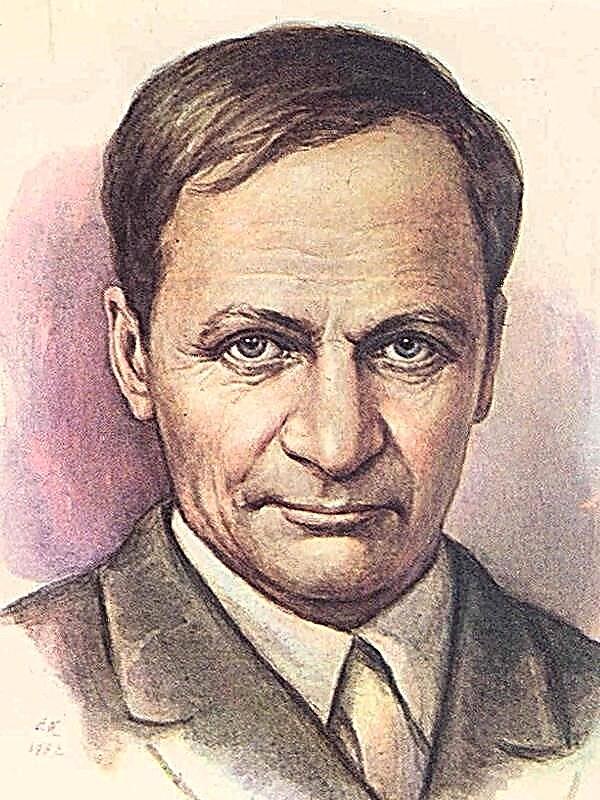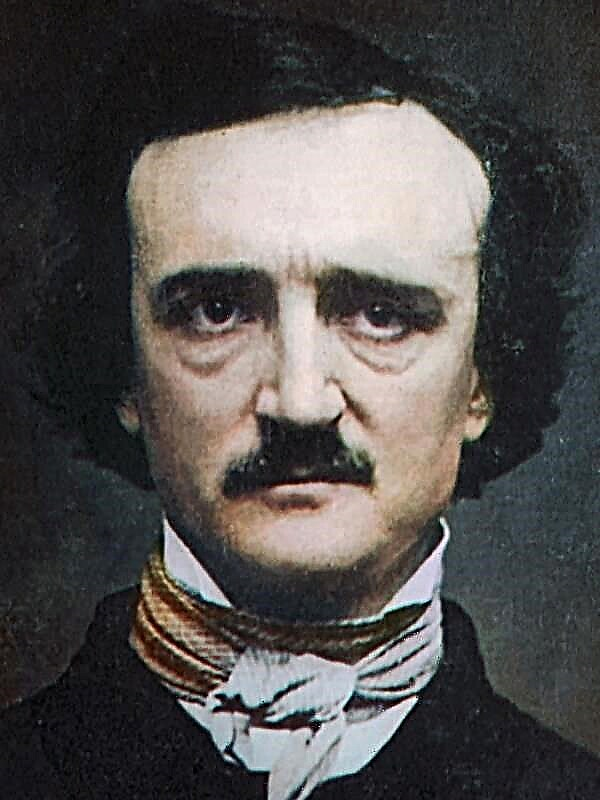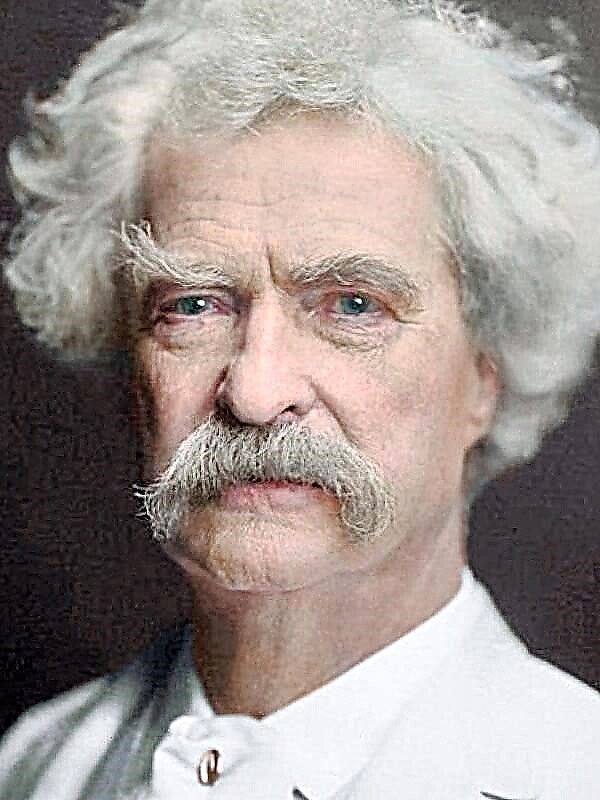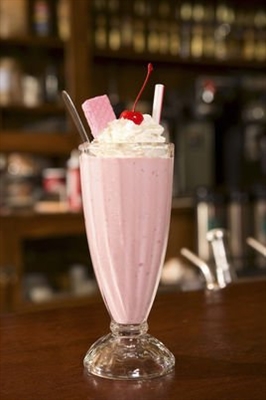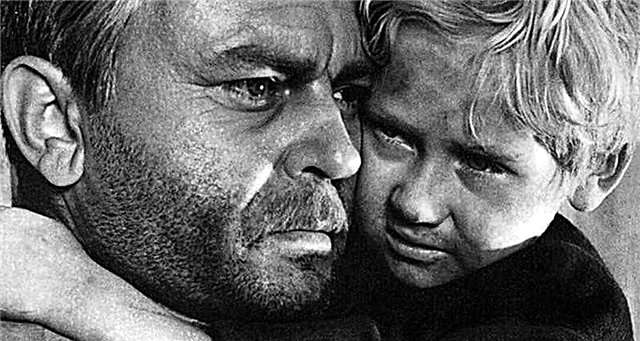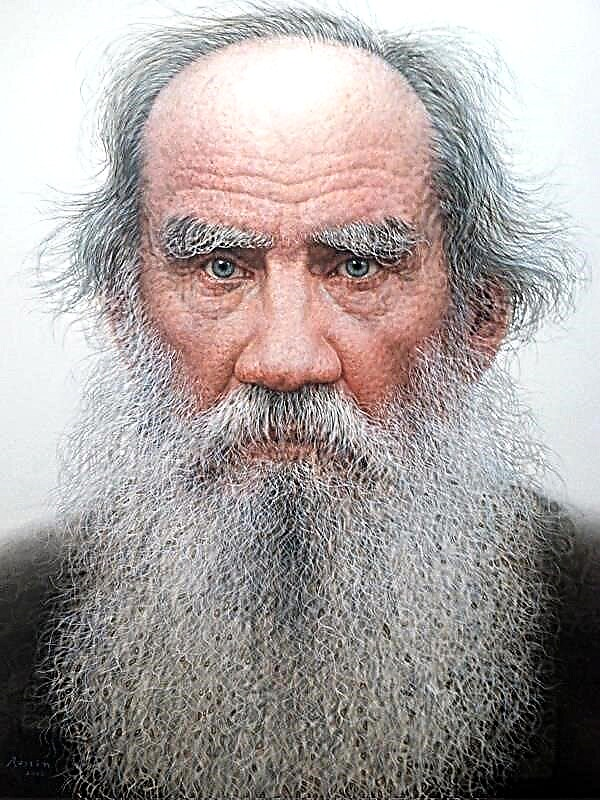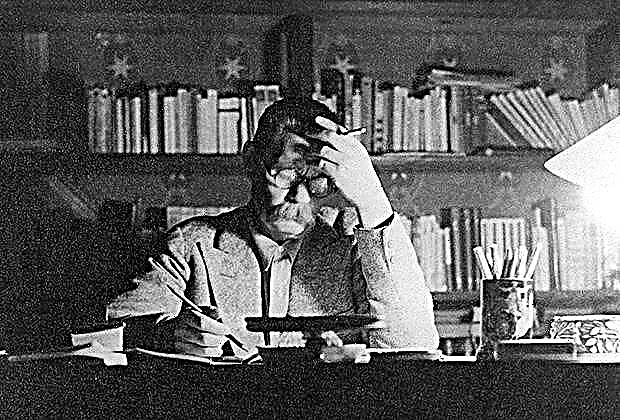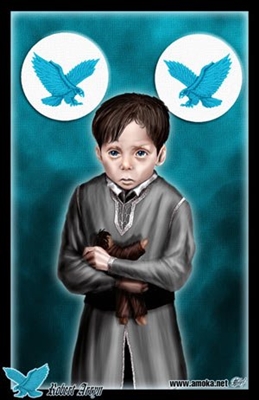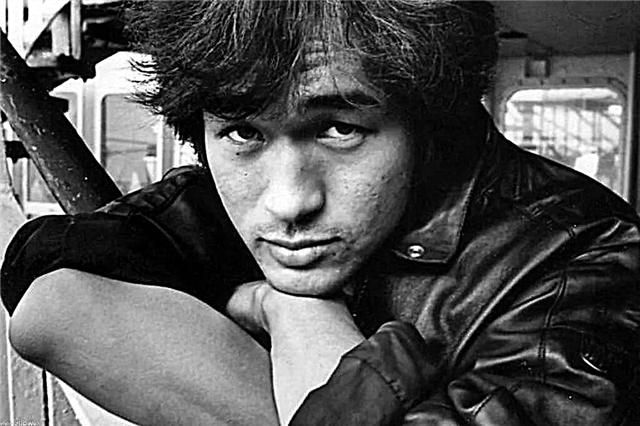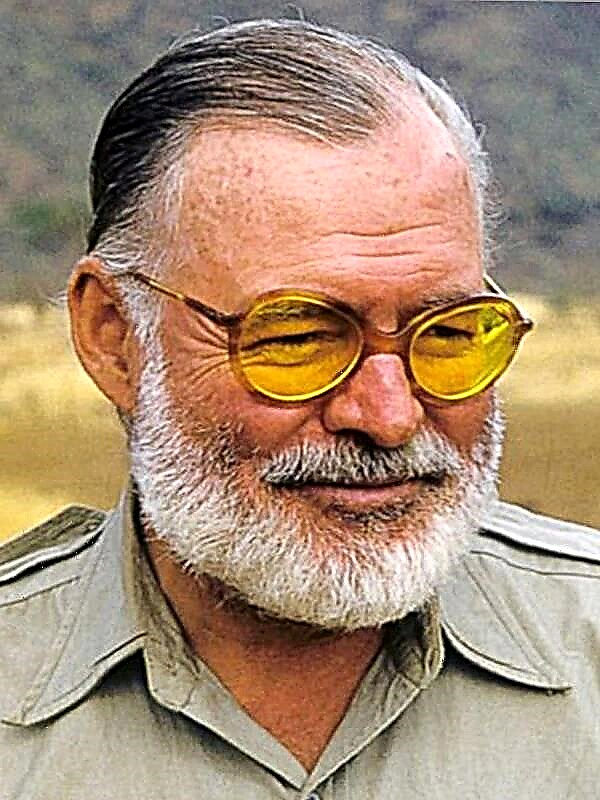Three friends: George, Harris and Jay (short for Jerome) plan to take a pleasure boat ride up the Thames. They intend to have excellent fun, take a break from London with its unhealthy climate and merge with nature. Their collections last much longer than they originally expected, because every time when with a huge effort on the part of young people the bag is closed, it turns out that some part necessary for the coming morning, such as a toothbrush or razor, is hopelessly buried in the bowels of a bag, which has to be rediscovered and rummaged through all its contents. Finally, next Saturday (having slept for three hours), under the whispering of all the quarterly shopkeepers, three friends and Jay’s dog, the Fox Terrier of Montmorency, leave the house and first in a cab and then on a commuter train get to the river.
On the thread of the narrative of a journey along the river, the author strung, like beads, domestic episodes, jokes, funny adventures. So, for example, sailing past the Hampton Corte maze, Harris recalls how he went there one day to show it to his visiting relative. Judging by the plan, the labyrinth seemed very simple, but Harris, collecting about twenty people lost along its entire length and assuring that it was easy to find a way out, drove them along it from morning to dinner, until the experienced watchman, who arrived in the afternoon, He brought them into the light of day.
The Moulsean gateway and the multi-colored carpet of colorful dresses of the travelers who resort to his services remind Jay of the two shabby ladies with whom he once had to sail in the same boat, and how they fluttered from every drop falling on their priceless dresses and lace umbrellas.
When friends swim past the Hampton Church and the cemetery, which Harris certainly wants to look at, Jay, not a fan of this kind of amusement, reflects on how intrusive the graveyard watchmen are sometimes and recalls the case when he had to escape from one of these guardians from all legs, and he certainly wanted to make him look at a pair of skulls specially stocked for curious tourists.
Harris, unhappy that even for such a significant reason he is not allowed to go ashore, crawls into the basket for lemonade. At the same time, he continues to control the boat, which does not suffer such negligence and crashes into the shore. Harris dives into the basket, sticks his head into its bottom and, spreading his legs in the air, remains in that position until Jay comes to his rescue.
Having approached Hampton Park for a bite to eat, travelers crawl out of the boat, and after breakfast Harris begins to sing comic couplets in a way that only he can do. When you have to pull the boat on a towline, Jay, not hiding his indignation, expresses everything that he thinks about the waywardness and insidiousness of the Bechev, which, having just been stretched, again unbelievably tangled and quarrels everyone who, trying to bring it into more or less ordered state, touches her. However, when dealing with a towline, and especially with the young ladies pulling the boat on a towline, it is impossible to get bored. They manage to wrap themselves around it in such a way that they almost choke themselves, unraveling themselves, throw themselves on the grass and begin to laugh. Then they get up, pull the boat too fast for some time, and then, having stopped, they put it aground. True, young people, pulling canvas for a night on a boat, are also not inferior to them in the originality of performance. So, George and Harris are wrapped in a canvas and with blackened faces from suffocation wait until Jay releases them from captivity.
After dinner, the nature and mood of travelers radically change. If, as they already noted, the river climate affects the general increase in irritability, then full stomachs, on the contrary, turn people into benevolent phlegmatic people. Friends spend the night in a boat, but, strangely enough, even the most lazy of them are not particularly disposed to a prolonged dream of tubercles and nails protruding from its bottom. They get up at sunrise and continue on their way. In the morning, a sharp icy wind blows, and from the evening intention of friends to swim before breakfast there is not a trace. However, Jay still has to dive for a shirt that fell into the water. Having trembled all over, he returned to the boat under George's cheerful laugh. When it turns out that George’s shirt got wet, its owner immediately passes from unbridled fun to gloomy indignation and curses.
Harris undertakes to cook breakfast, but out of six eggs, miraculously nevertheless caught in a frying pan, one spoonful of a burnt mash remains. For dessert after lunch, friends intend to enjoy canned pineapple, but it turns out that the can opener was left at home. After numerous unsuccessful attempts to open the can with an ordinary knife, scissors, a point of a hook and a mast and the wounds received as a result of these creeps, irritated travelers throw a can, which by that time had acquired an unimaginable form, in the middle of the river.
Then they sail and, dreaming, sweep into the punt of three venerable fishermen on a grand scale. In Marlo they leave the boat and spend the night in the Korona hotel. The next morning, friends go shopping. They leave each store along with a porter boy carrying a grocery cart. As a result, when they approach the river, they are followed by a whole horde of boys with baskets. The boatman is incredibly surprised when he finds out that the heroes rented not a steam boat and not a pontoon, but only a four-funky skiff.
Friends have a real hatred for arrogant boats and their arrogant beeps. Therefore, by all means, they try to hang out in front of their nose as often as possible and give them as much trouble and trouble as possible.
The next day, young gentlemen peel the potatoes, but from their peeling the size of the potato is reduced to the size of a nut. Montmorency battles a boiling kettle. From this struggle, the teapot emerges victorious and for a long time inspires Montmorency with horror and hatred towards itself. After dinner, George is going to play the banjo, which he took with him. However, nothing good comes of this. The mournful howling of Montmorency and George's play are by no means conducive to calming the nerves.
The next day we have to go on the oars, and in this connection Jay recalls how he first came in contact with rowing, how he built rafts from stolen boards and how he had to pay for it (with cuffs and slaps). And for the first time setting sail, he crashed into a mudbank. Trying to get out of it, he broke all the oars and stuck out for three whole hours in this self-arranged trap, until some fisherman towed his boat to the pier.
Near Reading, George catches the corpse of a drowned woman from the water and screams the air with a cry of horror. In Streetley, travelers linger for two days to give their clothes to the laundry. Before that, under the leadership of George, they independently made an attempt to wash it in the Thames, but after this event the Thames, obviously, became much cleaner than it was, and the laundress did not just have to wash the dirt from their clothes, but to rake it.
In one of the hotels, friends see a scarecrow of huge trout in the lobby. Everyone who enters and catches young people alone assures them that it was he who caught it. Clumsy George breaks the trout, and it turns out that the fish is made of gypsum.
Having reached Oxford, friends stay in it for three days, and then start off on the return trip. All day they have to row to the accompaniment of rain. At first they are delighted with this weather, and Jay and Harris drag out a song about gypsy life. In the evening, they play cards and have a fascinating conversation about deaths from rheumatism, bronchitis and pneumonia. Following this, the heartbreaking melody, performed by George on the banjo, completely deprives travelers of the presence of spirit, and Harris begins to sob like a child.
The next day, these nature lovers do not pass the severe test sent to them by the weather, they throw the boat in Pengborn into the care of the boatman and arrive in London safely in the evening, where an excellent dinner in a restaurant brings them to life and they raise their glasses for their wise last act.

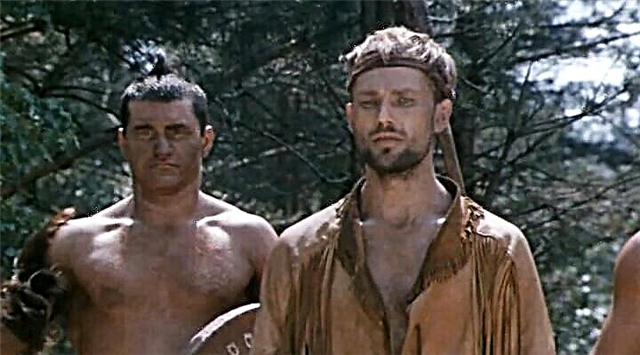 St. John's wort
St. John's wort